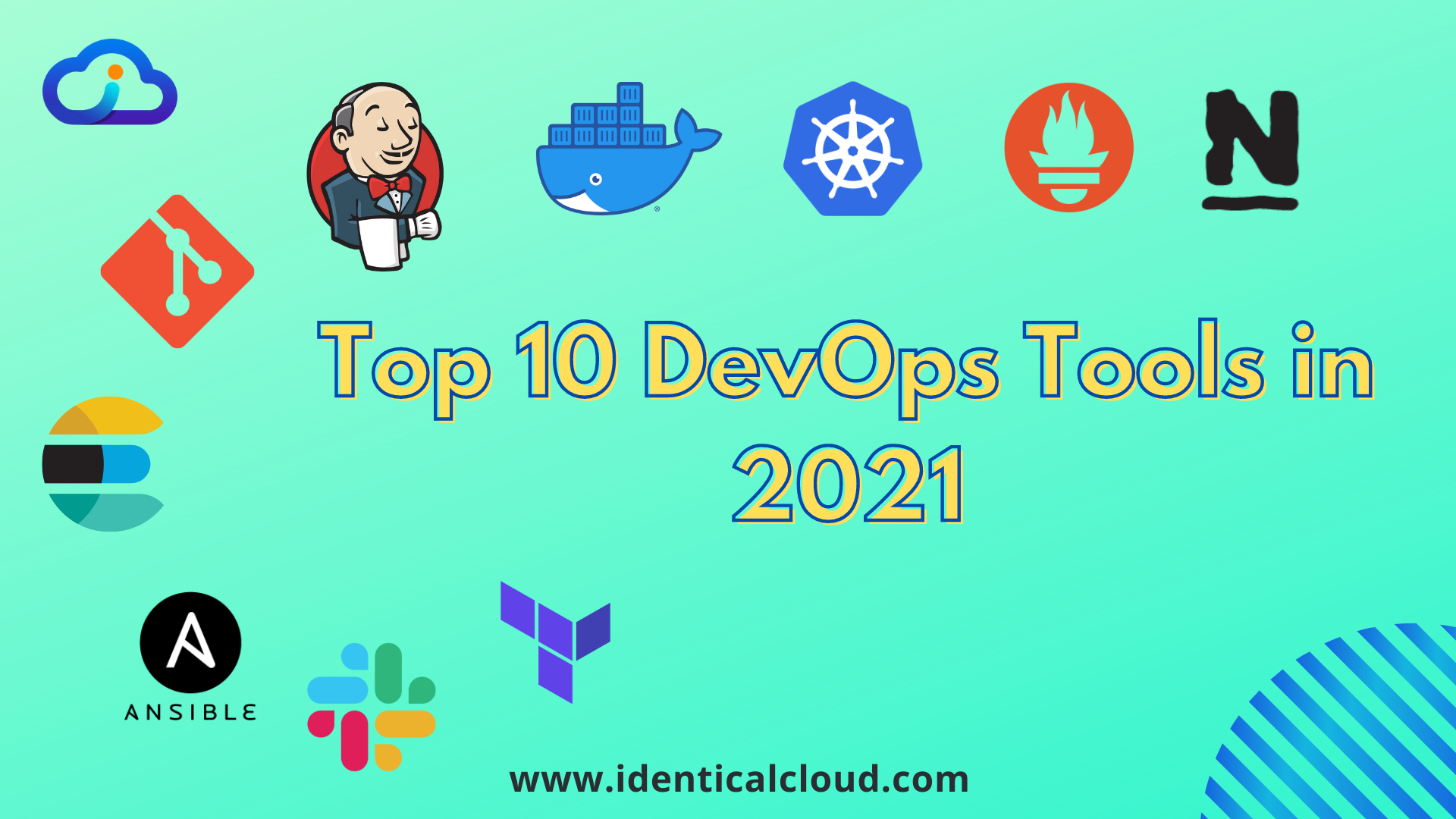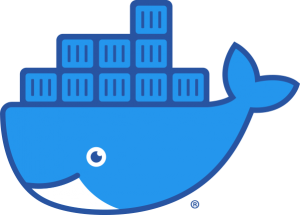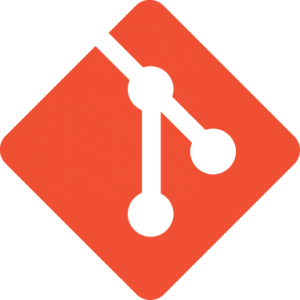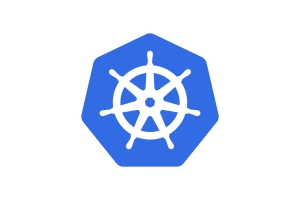
Top 10 DevOps tools in 2021
In today’s technology world, DevOps is a must-have requirement for all IT companies. DevOps is a mindset that is growing in people and the company’s mindset. DevOps bridge the gap between Development and Operation teams and rather make them work as one. DevOps Engineers’ main job is to find out tools that can help the team develop and deploy better and save their time. So Team’s efficiency can be increased and they can spend less time troubleshooting repetitive tasks, rather they would spend time in developing something better and useful. Here are such 10 DevOps Tools that all DevOps should know as it is going to help them somewhere.
If you feel we are missing on some important tools, do let us know in the comment section below
1. Jenkins

Jenkins is a go-to tool for all DevOps Engineers because it solves the most common and main problem for all teams, that’s a continuous integration and continuous deployment knows as CICD
Jenkins is an open-source continuation integration and deployment server.
Jenkins is a CI/CD Tool that can help you automate your build, deployment, and testing tasks. By doing so, you can rest assured that your developers are free to do development, when Developers are ready with new code, they will push it to any source control like Github, Gitlab or bitbucket and tell Jenkins to invoke pipeline via webhook. Jenkins will fetch new code, it will build it, deploy it and let developer’s know if the operation was successful or not
Jenkins can be triggered automatically by source control tools using webhook.
There are some other tools as well for CI/CD, for e.g. CircleCI, GitlabCI, etc. But Jenkins is most used and most loved among them all
2. Docker

Docker provides containerization. Docker allows you to package your entire code with runtime config and ship it to any environment irrespective of the operating system.
Docker just doesn’t ship your only code, like Source control systems, rather it ships, source code, installation files, supportive documents, system config all at once. With help of the docker container, you don’t even need to install a runtime environment on your system to run the code, Just simply install Docker, and run any Docker container having any language code like Java, Python, PHP, node js anything.
Every organization, be it small scale or large scale, is moving to containerization nowadays, as it helps Developer focus on code, rather than always debugging why my code is not working in my colleague’s machine and troubleshooting it. It also helps developers deliver faster and so sprints can be completed quickly.
Looking at the benefits Docker provides, I’d mark it as a top DevOps tool that every DevOps should know
Read this article to know more about how Docker works and How to get benefited from it
3. Git

Source code management is the default requirement for any organization nowadays. Source control management tools allow you to have a replica of your code in the cloud, such as each and every commit you make will be stored, so it can easily be transferred to the team and in case of bugs or issues, you can easily revert it back to any older version. You can have all your previous source code versions also stored for lifetime.
There are various tools available e.g. Github, Gitlab, Bitbucket, etc. Some are free to some extent and then provide paid solutions. But as a standalone developer or as a big organization, you can have free as well as paid source code tools that you can have which can be part of your personal or organization’s DevOps tool list
4. ELK Stack

Logging and taking insights from logs is one of the most required things to do. Proper logging can help you troubleshoot problems occurred on your website. and let’s all admit, at starting phase of your product or even after few months, we are not 100% bug-free. In that case, proper logging is much more helpful to eliminate those bugs and see customer behavior. It can also help you identify the issue at the first time and gaining customer’s trust
ELK – Elastic Search, Log stash, and Kibana is a toolset where you can store logs in elastic search, operate them using log stash, and visualize them using Kibana
Even with proper logging, you can get insights into your customer traffic, their behavior, and also see if there are continuous 404 or 502 errors. you can troubleshoot them.
Alternative available tools for logging is Splunk
5. Nagios

Nagios is a monitoring tool for your infrastructure, With Nagios, you can monitor the performance of your servers. like CPU utilization, memory utilization, swap utilization, disk space usage, and many more. You can also create custom alarms if you want to get notified when usage goes beyond certain limits.
As DevOps Engineer, there is always going to be a need to monitor cloud infrastructure usage. With alerting, you can get notified on time and can resolve issues before it becomes critical downtime issue.
Nagios is simpler to implement.
6. Kubernetes

Containerization usage is at its peak in the current era. In this, if you have too many containers to deploy, with respect to your microservice architecture implementation, then it’s difficult to manage all those containers by human intervention. In that case, orchestration for containers comes in the picture. With Kubernetes, you can scale up and scale down Docker containers as per need, you can also manage to send traffic to required pods accordingly.
Kubernetes provides orchestration for containers and is developed by Google. Google was using it for many users and after that, in 2015 it donated it to the Open-source community and now it is being managed by CNCF cloud-native computing foundation
Kubernetes is one of the most loved tools in big scale companies, to manage their containers, their uptime, and even scaling.
7. Ansible

Ansible is one of the most used IT configuration management tools out there. Ansible is simple to use, and you can manage as many machines and their configuration as needed at once
With help of Ansible, you can change common configurations in all of your same OS machines at once, for e.g. applying a security patch. Logging into each machine and running commands is obviously a time-consuming task, ansible make it easy for you
8. Slack

Slack is one of the most used tools for communication among IT teams, but Slack is much more than just communicating with your teammates.
It’s so feature-rich that you can get Jenkins’s build notification success or failure message in slack, also you can have an analysis of monitoring reports on slack as well. It is easy to use because your team doesn’t have to kept logged in to all the systems and check for failures, when failures happen, they can be notified on Slack and react to them immediately
There are other available tools as well, which are similar to Slack. E.g. Microsoft teams, Google Chat, etc.
9. Prometheus

Prometheus is also an open-source time series-based database and monitoring tool that can help you have precise visualization and monitoring functionality for your infrastructure as well as application. It can easily be integrated with Kubernetes to get you insights about how your pods are performing and if something goes wrong you can be notified
Prometheus can sometimes be integrated with Grafana for results
10. Terraform

Have you ever heard of configuration as code? Then you might also have heard of infrastructure as a code. Terraform provides functionality for Infrastructure as a code.
Benefits? There are lots of benefits Because when you launch infrastructure using code, you can be sure, you can see what you have deployed and in case something goes wrong, you can troubleshoot easily. Also if you have a requirement where you launch the same time of servers, install the same scripts and tools, then you can have Terraform template for that so you can deploy it using the same script each time and it saves your time
That’s it for this article. If we missed out on any important DevOps tools, do let us know in the comment section below
We hope you enjoyed reading this article and learned something from it. If so, please share it with your network.
Drafted On,
22nd January 2022
DevOps @identicalCloud.com

Nice